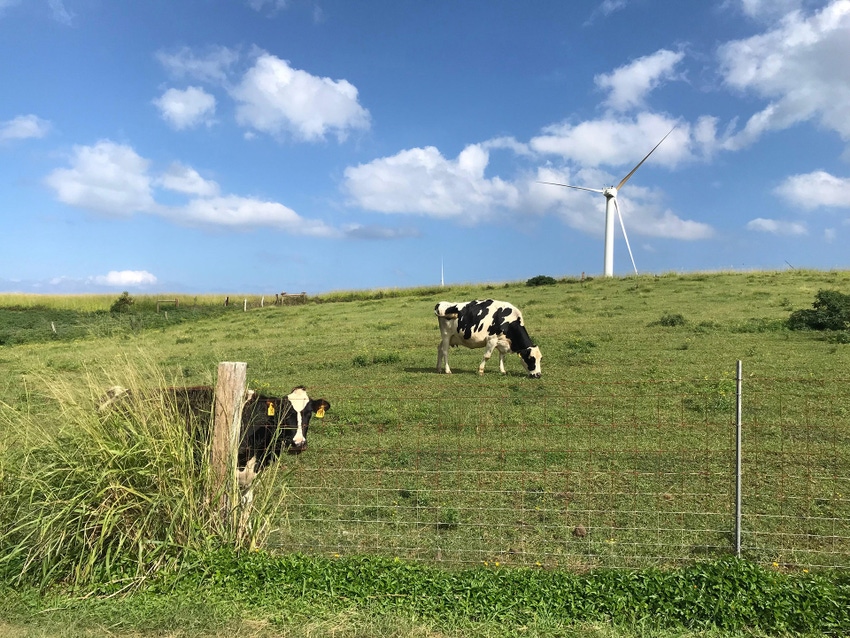FFAR awards grant to reduce methane emissions from dairy cattle
Scientists explore adding seaweed to cattle diets to combat methane emissions.
October 10, 2018

The Foundation for Food & Agriculture Research (FFAR) announced Oct. 9 that it has awarded a $50,000 grant to Elm Innovations and the University of California-Davis to investigate the potential for mitigating methane emissions from dairy cattle by adding red seaweed to their diets.
Cattle “burp” methane, a powerful greenhouse gas, as a normal byproduct of digestion, FFAR said, noting that the dairy and beef cattle industries currently lack an economical mitigation for this process.
“So far, attempts to reduce methane emissions from cattle digestion have been met with limited success. However, some feed additives, including seaweed, have the potential to reduce methane from enteric fermentation substantially,” according to Dr. Ermias Kebreab, professor and Sesnon endowed chair in the University of California-Davis department of animal science and a collaborator on the project.
FFAR said prior research indicates that the seaweed species Asparagopsis can reduce methane emissions associated with cattle digestion by more than 80%. This research is among the first U.S. studies to evaluate the effects of a dairy cattle diet supplemented with red seaweed on methane emissions, milk production and quality and feed intake. The ultimate goal is to determine the optimal amount of the seaweed additive to include to improve climate impact and animal well-being.
Results of the research could also lead to commercial opportunities for red seaweed farming and new cattle feed products, FFAR added.
“This research presents an innovative solution to dramatically reduce greenhouse gas emissions from the dairy and beef cattle industries and also increase animal health and productivity in a natural way,” FFAR executive director Dr. Sally Rockey said. “This research also will assist private-sector organizations and states [with meeting] their sustainability goals.”
Results from this study have the potential to support efforts to reduce greenhouse gas emissions, which are of increasing concern to dairy and beef producers, states and the food industry, FFAR said, noting that a California law, SB1383, mandates a 40% reduction in methane production by 2030, relative to 2013 levels.
FFAR awarded this grant to Elm Innovations to support work at the University of California-Davis. Principal investigator Joan Salwen, distinguished careers institute fellow at Stanford University, will collaborate with Kebreab at Davis. The grant is being matched by the Schmidt Family Foundation. Other contributors include the David & Lucile Packard Foundation and the Skaaren Trust, bringing the total investment to $407,925.
You May Also Like



